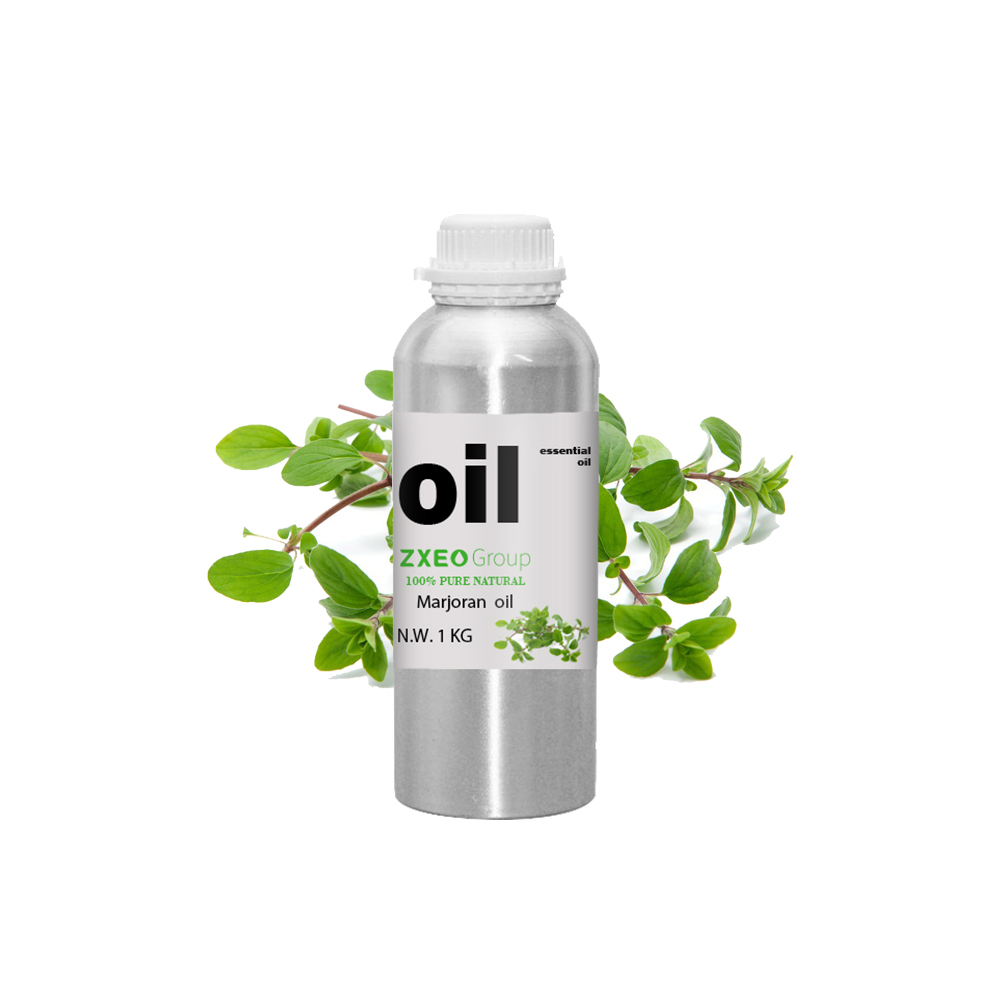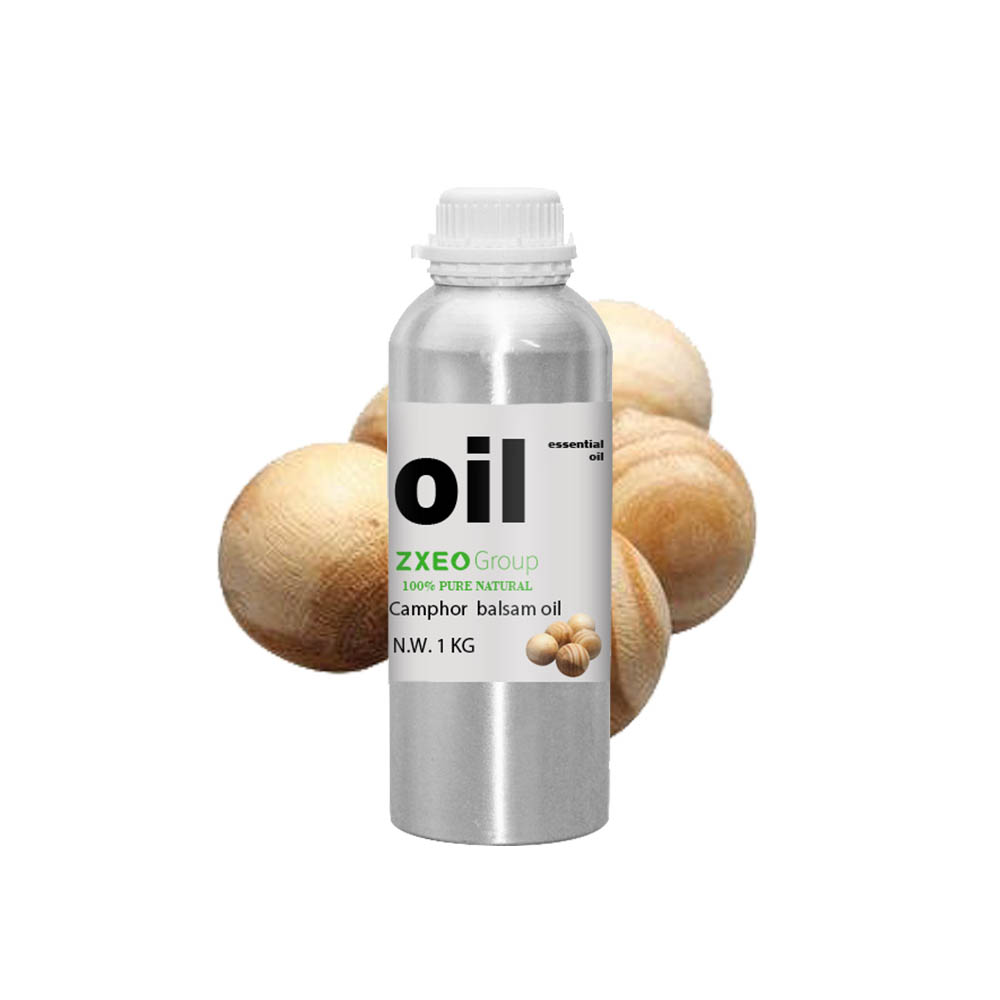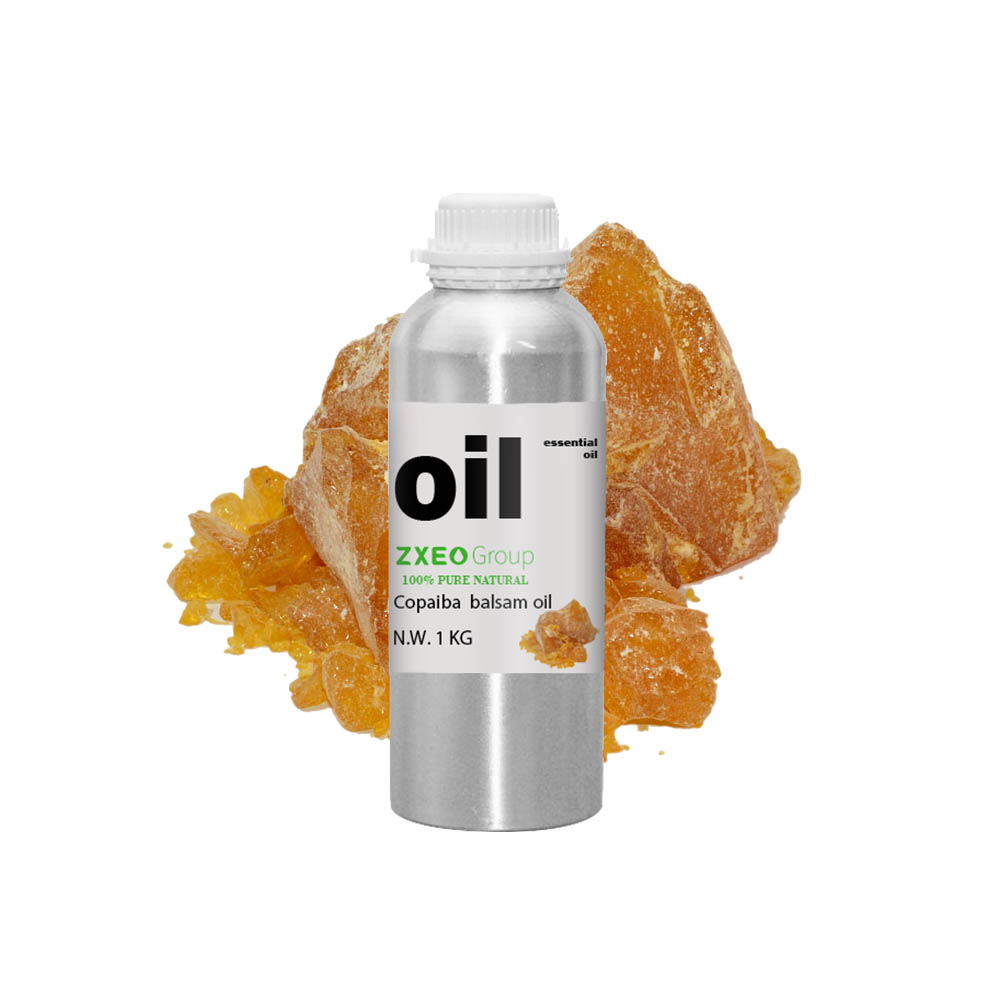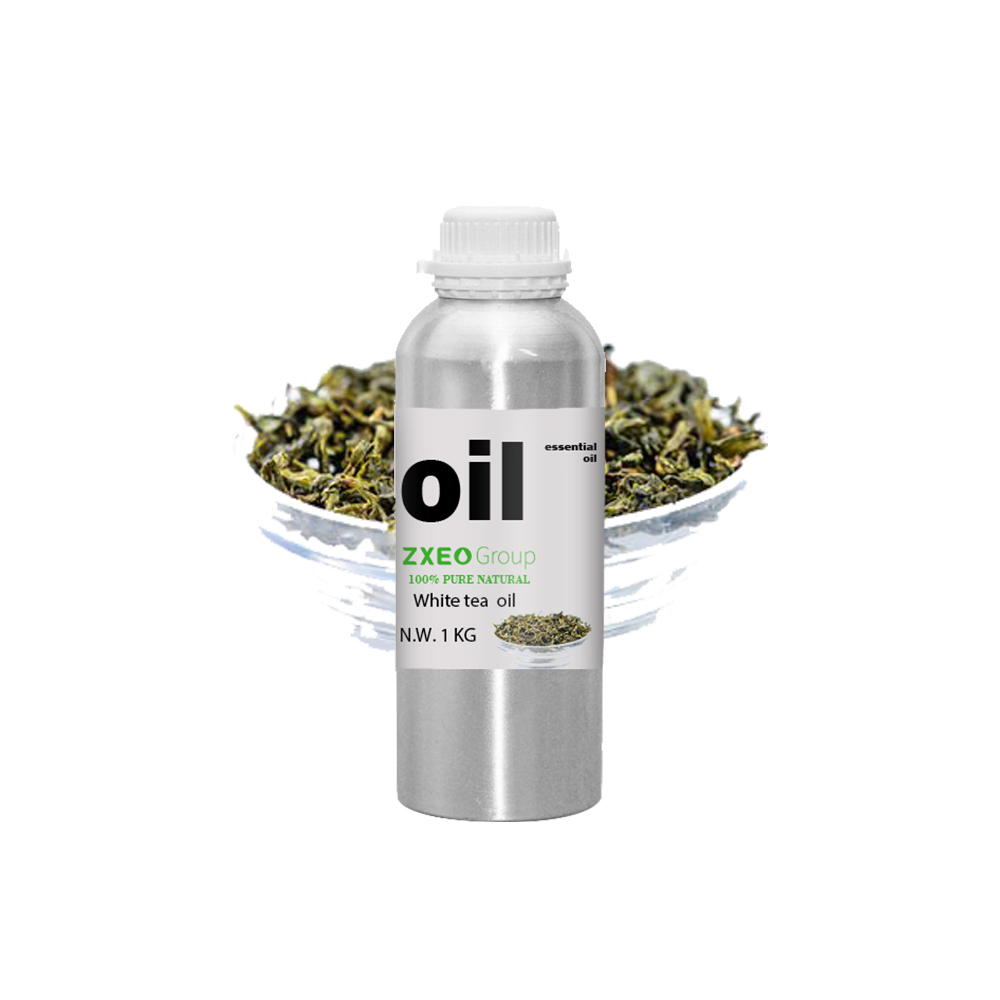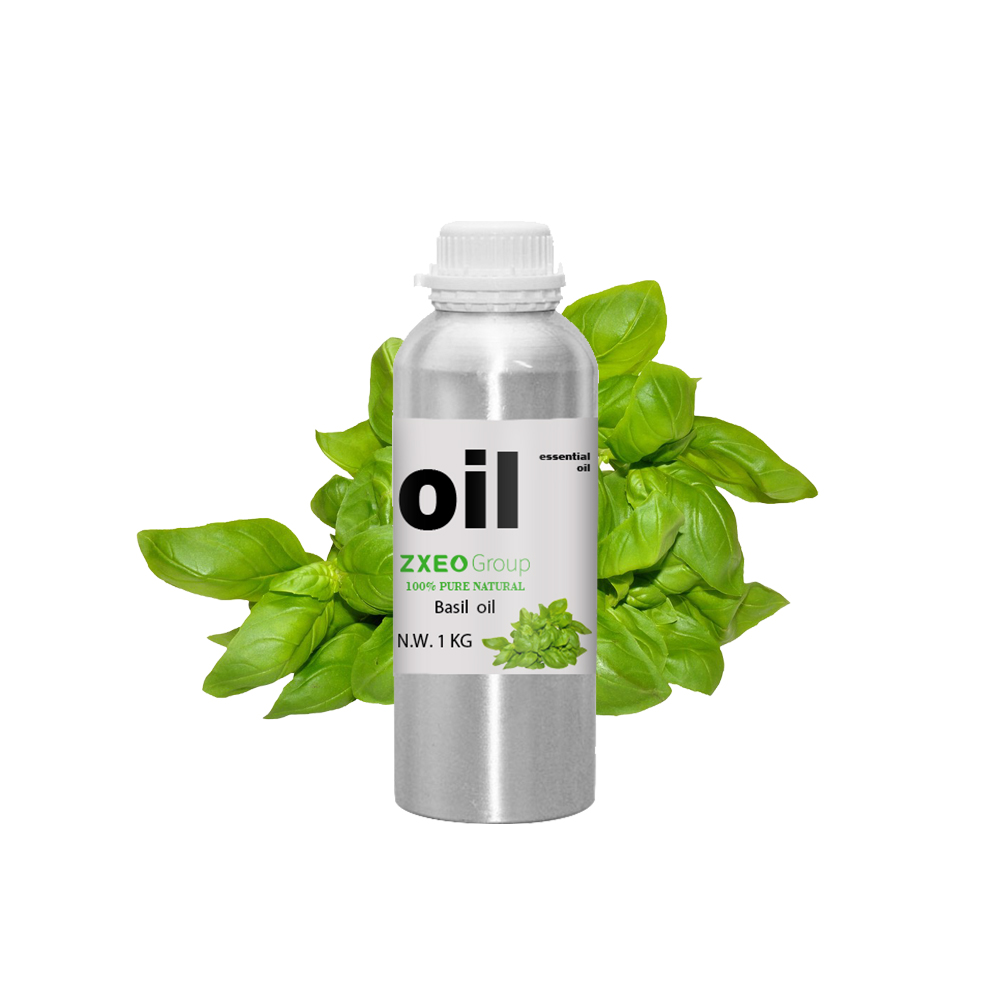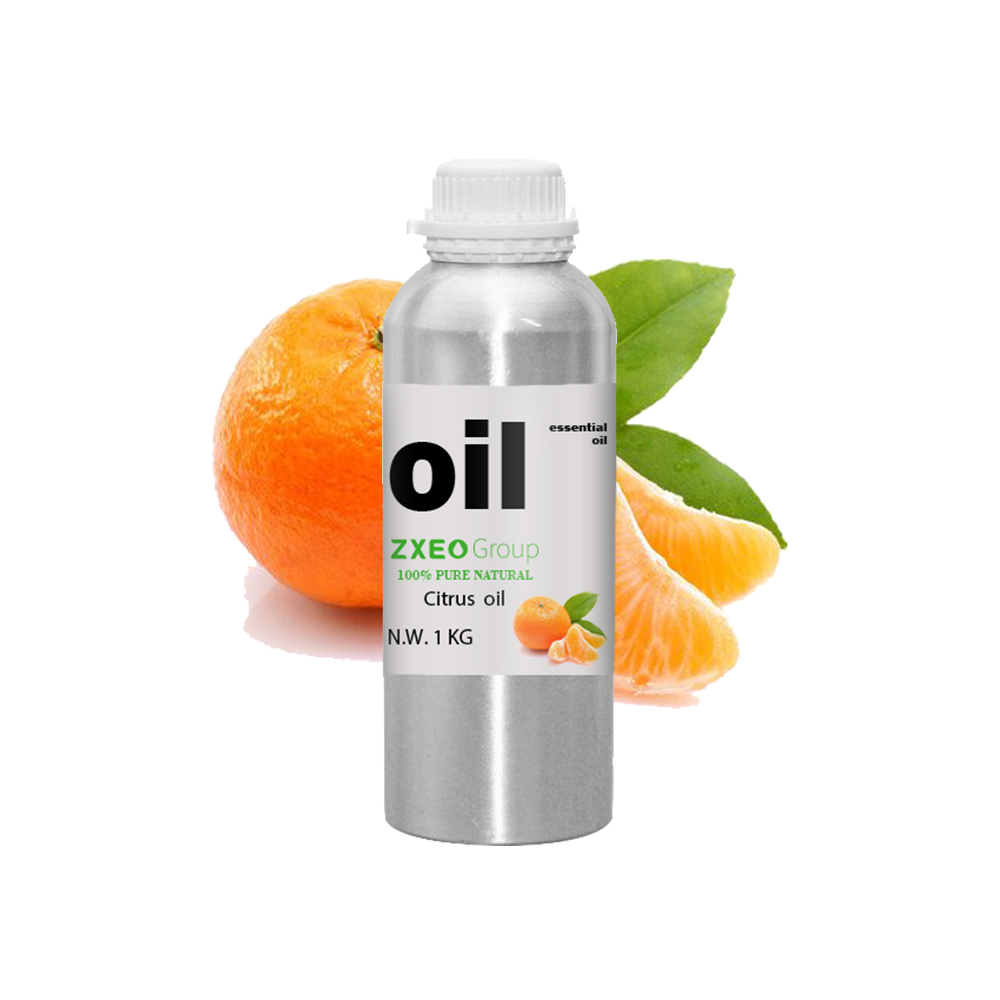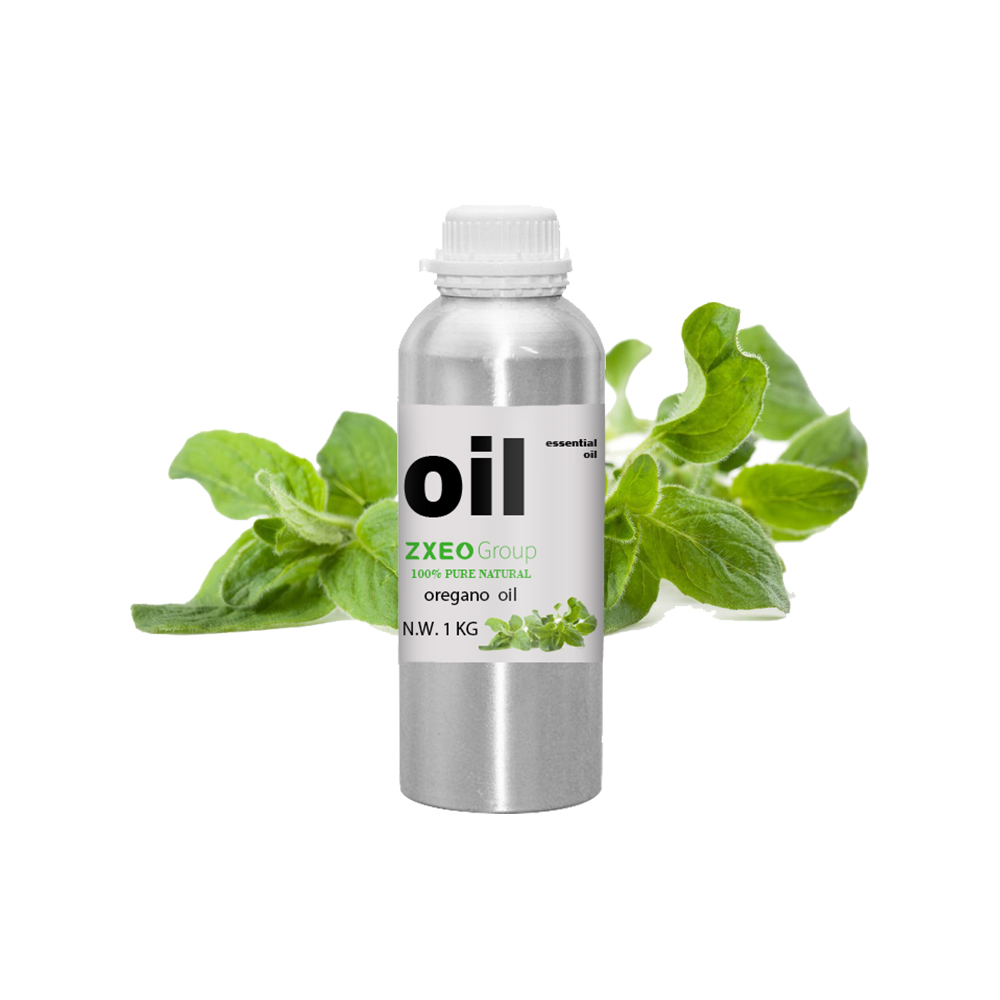Ginger Essential Oil Benefits
Ginger root contains 115 different chemical components, but the therapeutic benefits come from gingerols, the oily resin from the root that acts as a highly potent antioxidant and anti-inflammatory agent. Ginger essential oil is also made up of about 90 percent sesquiterpenes, which are defensive agents that have antibacterial and anti-inflammatory properties.
The bioactive ingredients in ginger essential oil, especially gingerol, have been thoroughly evaluated clinically, and research suggests that when used on a regular basis, ginger has the ability to improve an array of health conditions and unlocks countless essential oil uses and benefits.
Here’s a rundown of the top ginger essential oils benefits:
1. Treats Upset Stomach and Supports Digestion
Ginger essential oil is one of the best natural remedies for colic, indigestion, diarrhea, spasms, stomachaches and even vomiting. Ginger oil is also effective as a nausea natural treatment.
A 2015 animal study published in the Journal of Basic and Clinical Physiology and Pharmacology evaluated the gastroprotective activity of ginger essential oil in rats. Ethanol was used to induce gastric ulcer in Wistar rats.
The ginger essential oil treatment inhibited the ulcer by 85 percent. Examinations showed that ethanol-induced lesions, such as necrosis, erosion and hemorrhage of the stomach wall, were significantly reduced after the oral administration of the essential oil.
A scientific review published in Evidence-Based Complimentary and Alternative Medicine analyzed the efficacy of essential oils in reducing stress and nausea after surgical procedures. When ginger essential oil was inhaled, it was effective in reducing nausea and the requirement for nausea-reducing medications after surgery.
Ginger essential oil also demonstrated analgesic activity for a limited time — it helped relieve pain immediately after surgery.
2. Helps Infections Heal
Ginger essential oil works as an antiseptic agent that kills infections caused by microorganisms and bacteria. This includes intestinal infections, bacterial dysentery and food poisoning.
It has also proved in lab studies to have antifungal properties.
An in vitro study published in the Asian Pacific Journal of Tropical Diseases found that ginger essential oil compounds were effective against Escherichia coli, Bacillus subtilis and Staphylococcus aureus. Ginger oil was also able to inhibit the growth of Candida albicans.
3. Aids Respiratory Problems
Ginger essential oil removes mucus from the throat and lungs, and it’s known as natural remedy for colds, the flu, coughs, asthma, bronchitis and also loss of breath. Because it’s an expectorant, ginger essential oil signals the body to increase the amount of secretions in the respiratory tract, which lubricates the irritated area.
Studies have shown that ginger essential oil serves as a natural treatment option for asthma patients.
Asthma is a respiratory illness that causes bronchial muscle spasms, swelling of lung lining and increased mucus production. This leads to the inability to breathe easily.
It can be caused by pollution, obesity, infections, allergies, exercise, stress or hormonal imbalances. Because of ginger essential oil’s anti-inflammatory properties, it reduces swelling in the lungs and helps open airways.
A study conducted by researchers at Columbia University Medical Center and the London School of Medicine and Dentistry found that ginger and its active components caused a significant and rapid relaxation of human airway smooth muscles. Researchers concluded that compounds found in ginger may provide a therapeutic option for patients with asthma and other airway diseases either alone or in combination with other accepted therapeutics, such as beta2-agonists.
4. Reduces Inflammation
Inflammation in a healthy body is the normal and effective response that facilitates healing. However, when the immune system overreaches and begins attacking healthy body tissues, we’re met with inflammation in healthy areas of the body, which causes bloating, swelling, pain and discomfort.
A component of ginger essential oil, called zingibain, is responsible for the oil’s anti-inflammatory properties. This important component provides pain relief and treats muscle aches, arthritis, migraines and headaches.
Ginger essential oil is believed to reduce the amount of prostaglandins in the body, which are compounds associated with pain.
A 2013 animal study published in the Indian Journal of Physiology and Pharmacology concluded that ginger essential oil possesses antioxidant activity as well as significant anti-inflammatory and antinociceptive properties. After being treated with ginger essential oil for one month, enzyme levels increased in the blood of mice. The dose also scavenged free radicals and produced significant reduction in acute inflammation.
5. Strengthens Heart Health
Ginger essential oil has the power to help reduce cholesterol levels and blood clotting. A few preliminary studies suggest that ginger may lower cholesterol and help prevent blood from clotting, which can help treat heart disease, where blood vessels can become blocked and lead to heart attack or stroke.
Along with reducing cholesterol levels, ginger oil also appears to improve lipid metabolism, helping decrease the risk of cardiovascular disease and diabetes.
An animal study published in the Journal of Nutrition found that when mice consumed ginger extract for a 10-week period, it resulted in significant reductions in plasma triglycerides and LDL cholesterol levels.
A 2016 study displayed that when dialysis patients consumed 1,000 milligrams of ginger daily for a 10-week period, they collectively displayed significant decreases in serum triglyceride levels by up to 15 percent when compared to the placebo group.
6. Has High Levels of Antioxidants
Ginger root contains a very high level of total antioxidants. Antioxidants are substances that help prevent certain types of cell damage, especially those caused by oxidation.
According to the book “Herbal Medicine, Biomolecular and Clinical Aspects,” ginger essential oil is able to decrease age-related oxidative stress markers and reduce oxidative damage. When treated with ginger extracts, results showed that there was a decrease in lipid peroxidation, which is when free radicals “steal” electrons from the lipids and cause damage.
This mean ginger essential oil helps fight free radical damage.
Another study highlighted in the book showed that when rats were fed ginger, they experienced less kidney damage due to oxidative stress induced by ischemia, which is when there is a restriction in the blood supply to tissues.
Recently, studies have focused on the anticancer activities of ginger essential oil thanks to the antioxidant activities of [6]-gingerol and zerumbone, two components of ginger oil. According to research, these powerful components are able to suppress the oxidation of cancer cells, and they have been effective in suppressing CXCR4, a protein receptor, in a variety of cancers, including those of the pancreas, lung, kidney and skin.
Ginger essential oil has also been reported to inhibit tumor promotion in mouse skin, especially when gingerol is used in treatments.
7. Acts as a Natural Aphrodisiac
Ginger essential oil increases sexual desire. It addresses issues such as impotence and loss of libido.
Because of its warming and stimulating properties, ginger essential oil serves as an effective and natural aphrodisiac, as well as a natural remedy for impotence. It has helps relieve stress and brings forth feelings of courage and self-awareness — eliminating self-doubt and fear.
8. Relieves Anxiety
When used as aromatherapy, ginger essential oil is able to relieve feelings of anxiety, anxiousness, depression and exhaustion. The warming quality of ginger oil serves as a sleep aid and stimulates feelings of courage and ease.
In Ayurvedic medicine, ginger oil is believed to treat emotional problems like fear, abandonment, and lack of self-confidence or motivation.
A study published in ISRN Obstetrics and Gynecology found that when women suffering from PMS received two ginger capsules daily from seven days before menstruation to three days after menstruation, for three cycles, they experienced a reduction of severity of mood and behavioral symptoms.
In to a lab study conducted in Switzerland, ginger essential oil activated the human serotonin receptor, which may be able to help relieve anxiety.
9. Alleviates Muscle and Menstrual Pain
Because of its pain-fighting components, like zingibain, ginger essential oil provides relief from menstrual cramps, headaches, backaches and soreness. Research suggests that consuming a drop or two of ginger essential oil daily is more effective in treating muscle and joint pain than the painkillers that are given by general practitioners. This is because of its ability to reduce inflammation and increase circulation.
A study done at the University of Georgia found that a daily ginger supplement reduced exercise-induced muscle pain in 74 participants by 25 percent.
Ginger oil is also effective when taken by patients with pain associated with inflammation. A study conducted by researchers at Miami Veterans Affairs Medical Center and University of Miami found that when 261 patients with osteoarthritis of the knee took a ginger extract twice daily, they experienced less pain and needed fewer pain-killing medications than those who received placebo.
10. Improves Liver Function
Because of ginger essential oil’s antioxidant potential and hepatoprotective activity, an animal study published in the Journal of Agricultural and Food Chemistry measured its effectiveness in treating alcoholic fatty liver disease, which is significantly associated with hepatic cirrhosis and liver cancer.
In the treatment group, ginger essential oil was administered orally to mice with alcoholic fatty liver disease every day for four weeks. The results found that the treatment has hepatoprotective activity.
After alcohol administration, the amount of metabolites increased, and then the levels recovered in the treatment group.


